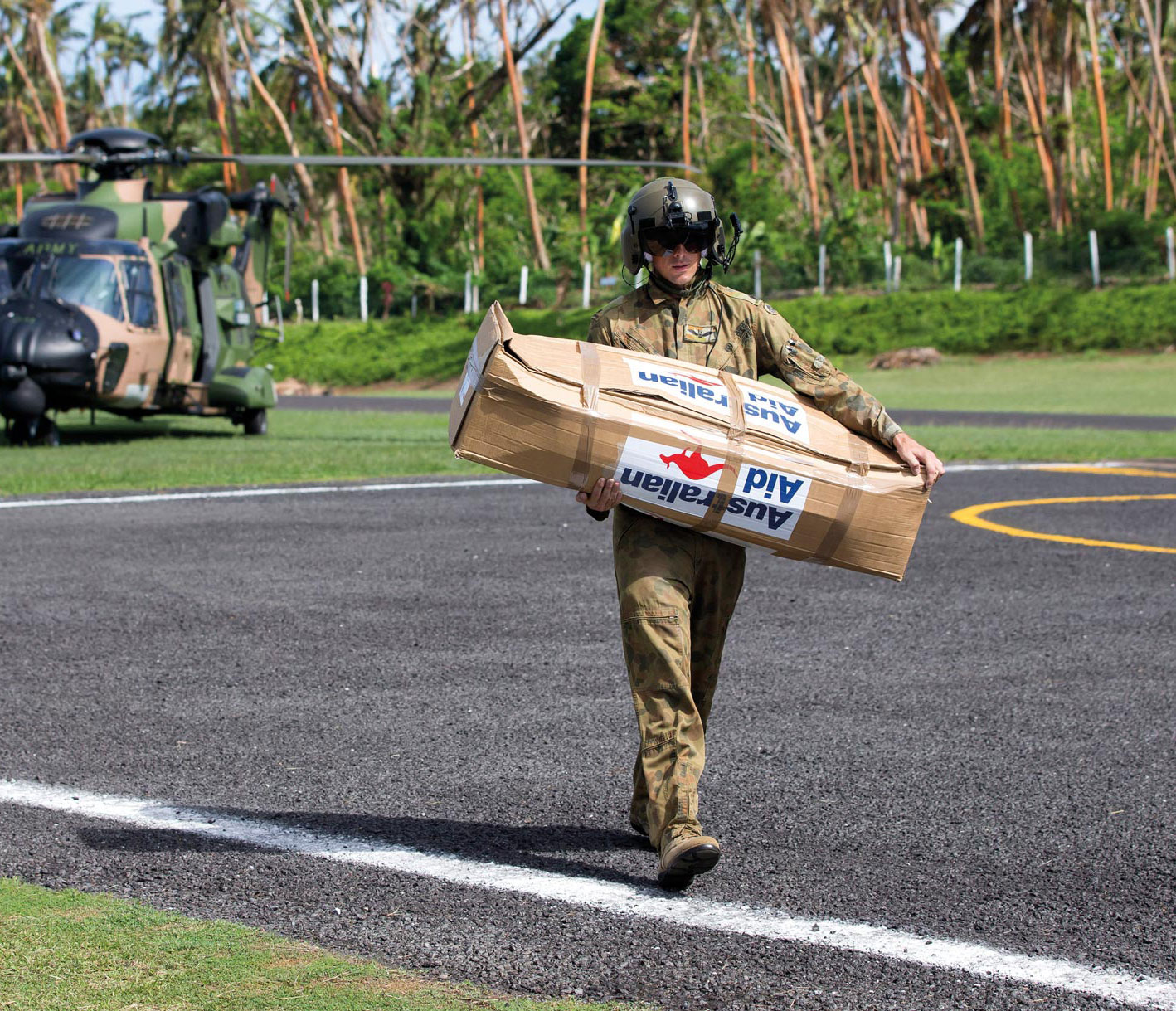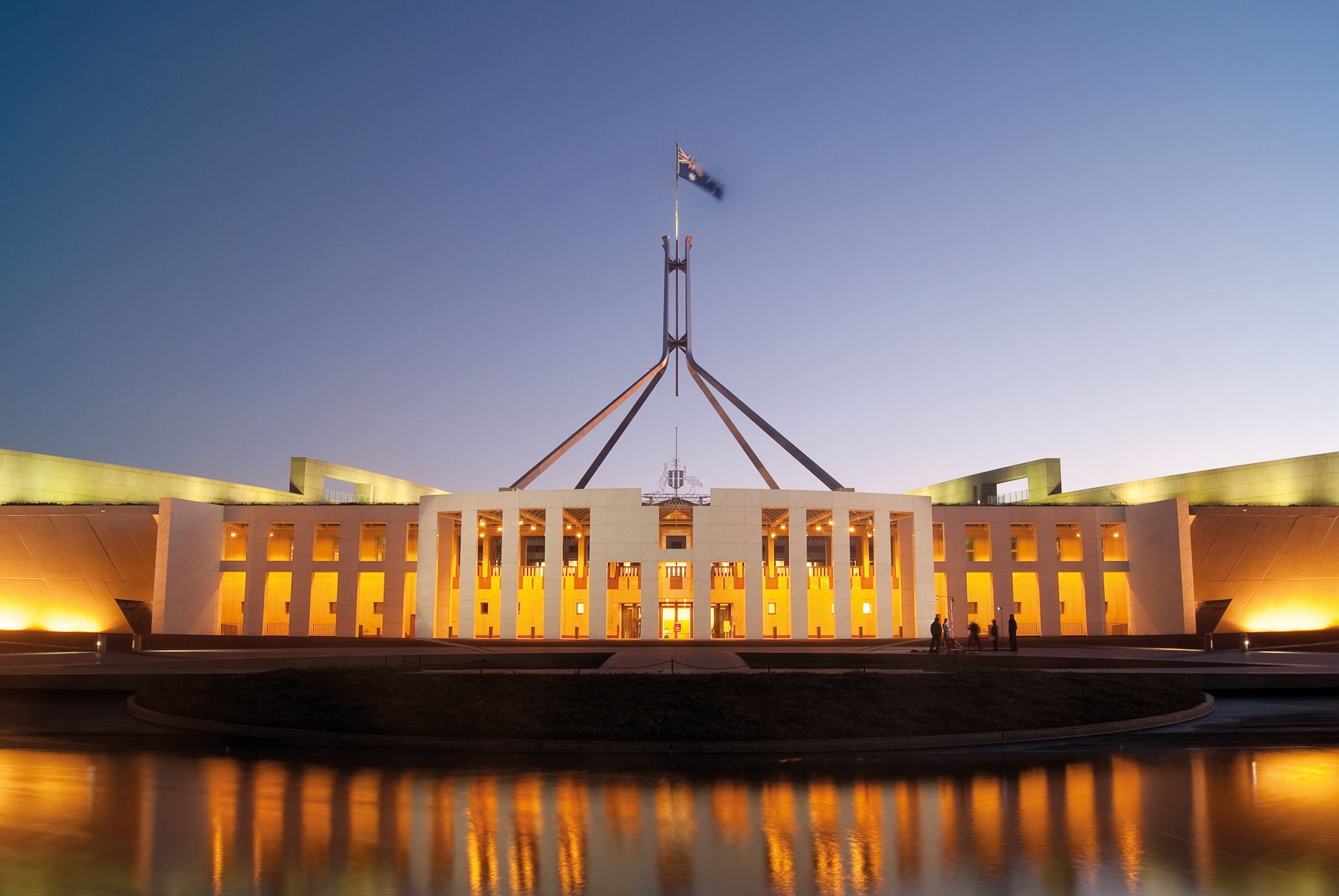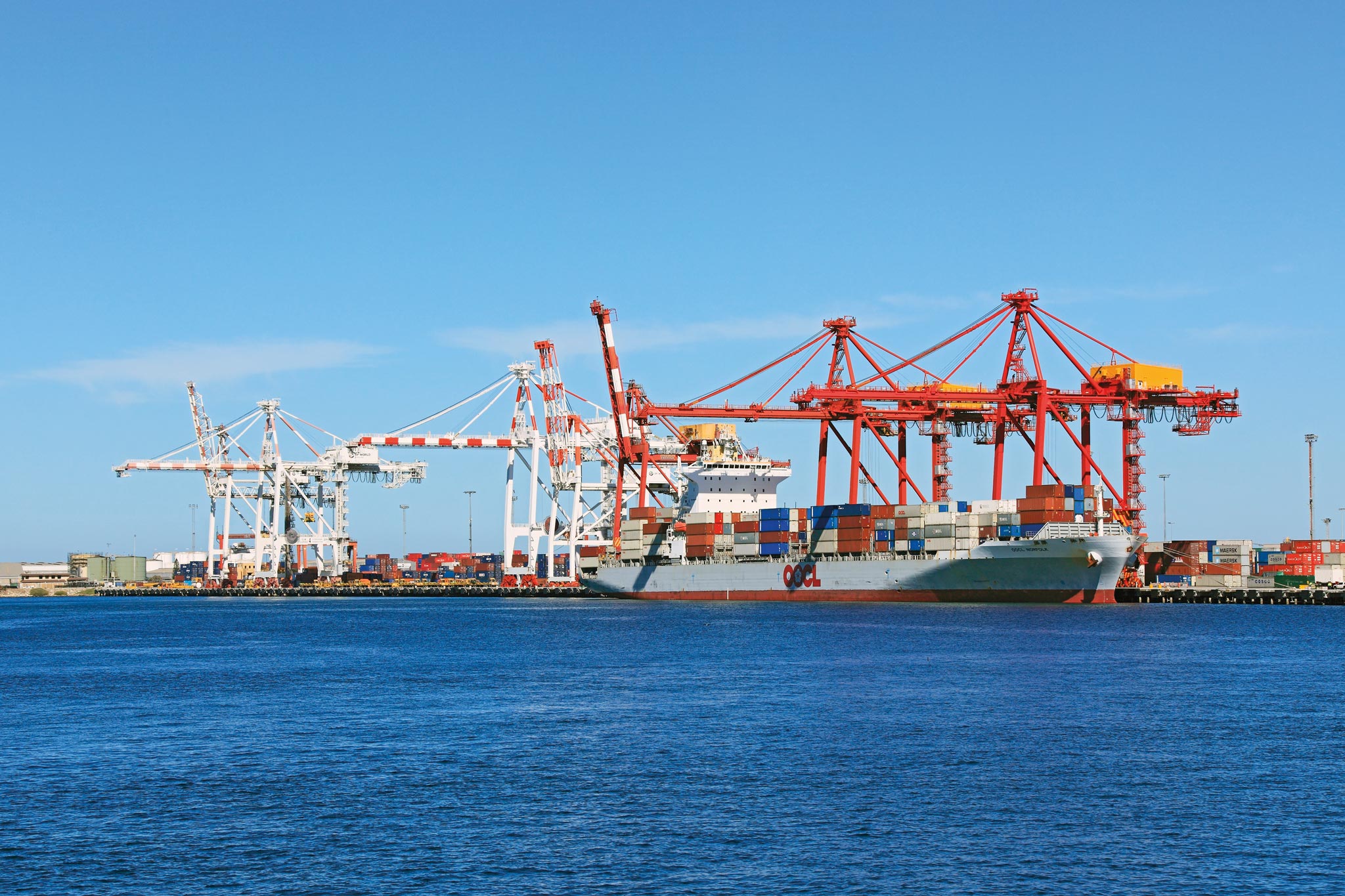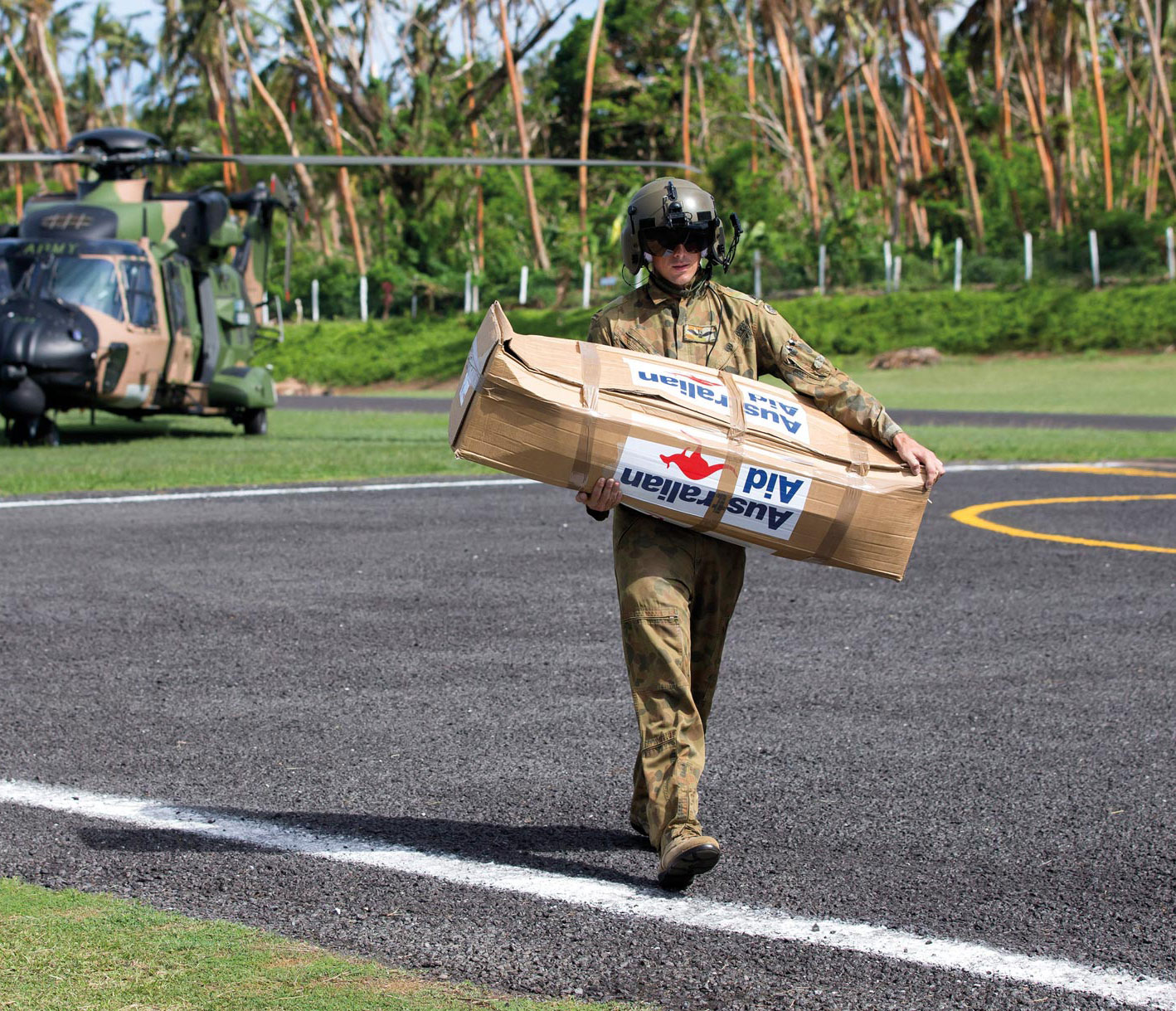The Government recognises the importance of good health and strong and resilient health systems to support productive societies and economic growth. Our health system is recognised as among the best in the world, and we will continue to help shape global health norms and standards.
The Government is committed to preventing and responding to the introduction and spread of infectious diseases. Health crises threaten economic and human development. International travel, urbanisation and weak health systems in some countries contribute to the rapid spread of pathogens around the globe.
Antimicrobial resistance is a major global health threat. If not tackled decisively, it could cause an additional 10 million deaths a year by 2050. Already, drug resistant tuberculosis is a challenge in Papua New Guinea, while drug resistant malaria elsewhere threatens a resurgence of what was once the world’s biggest killer. Australia supports the Asia Pacific Leaders Malaria Alliance to galvanise action in response. We will continue to support research and development to bring new drugs and diagnostics for these diseases to market and build institutional capacity in regional countries.
Australia’s development funding strengthens health systems and combats health risks that cross national borders. We have established an Indo–Pacific Centre for Health Security to invest in research, strengthen partnerships, and improve the capacity of health systems. Our development program will build upon outcomes from domestic initiatives such as the $1.4 billion Medical Research Future Fund.
In addition to our substantial domestic investments in health and medical research, Australia will continue to work with international institutions such as the World Health Organization to help prevent, detect and respond to health emergencies and to combat antimicrobial resistance. Australia will invest a further $220 million in the Global Fund to Fight AIDS, Tuberculosis and Malaria, which has saved more than 20 million lives since 2002.














